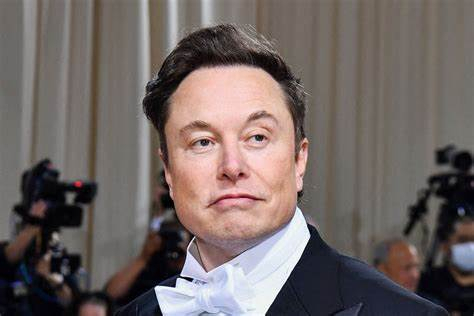Neuralink, the company owned by Elon Musk, has made significant progress in its mission to help paralyzed individuals operate digital devices using their thoughts. Musk announced that Neuralink successfully implanted its brain-computer interface device in a second patient.

The device, designed to assist people with spinal cord injuries, is currently undergoing tests. According to Musk, 400 electrodes implanted in the second patient's brain are active and functioning well. However, he did not provide further details about the patient or the timing of the surgery, reported Reuters.
Neuralink plans to implant the device in eight more patients this year as part of its ongoing clinical trials. "I don't want to jinx it, but it seems to have gone extremely well with the second implant," Musk said in an interview with podcast host Lex Fridman. "There's a lot of signal, a lot of electrodes. It's working very well."
The podcast also featured Noland Arbaugh, the first patient to receive the Neuralink implant, and three Neuralink executives. Arbaugh shared his experience, revealing that before receiving the implant in January, he had to use a stick in his mouth to tap a tablet screen. Now, he can control the computer just by thinking, significantly enhancing his independence and reducing his reliance on caregivers.
Despite initial difficulties after the surgery due to the retraction of tiny wires in the implant, which reduced the number of functional electrodes, Neuralink addressed the problem. The company made changes, including modifying algorithms to be more sensitive, thereby restoring the implant's ability to monitor brain signals. Arbaugh has since improved on his previous world record for controlling a cursor with thoughts alone, even with only about 10-15% of the electrodes working.
Musk highlighted the progress during the podcast, stating, "Arbaugh has improved on his previous world record for the speed at which he can control a cursor with thoughts alone, with only roughly 10-15% of the electrodes working."
Additionally, Musk shared that he had spoken with Republican candidate Donald Trump, whom he endorses in the US presidential race. They discussed forming a commission to improve government efficiency by reducing business regulations. Musk expressed his willingness to participate, believing that current US regulations hinder innovation.
Neuralink's advancements mark a significant step forward in the field of brain-computer interface technology. The success of these implants could pave the way for greater independence for individuals with spinal cord injuries and other neurological conditions. As Neuralink continues its clinical trials, the potential for this technology to transform lives becomes increasingly apparent.









